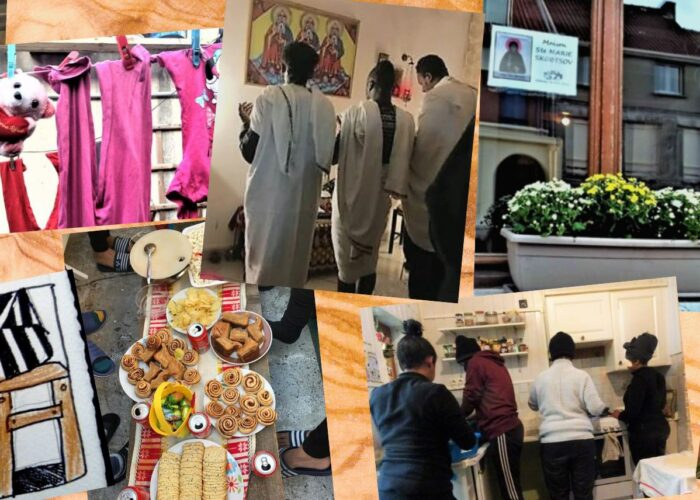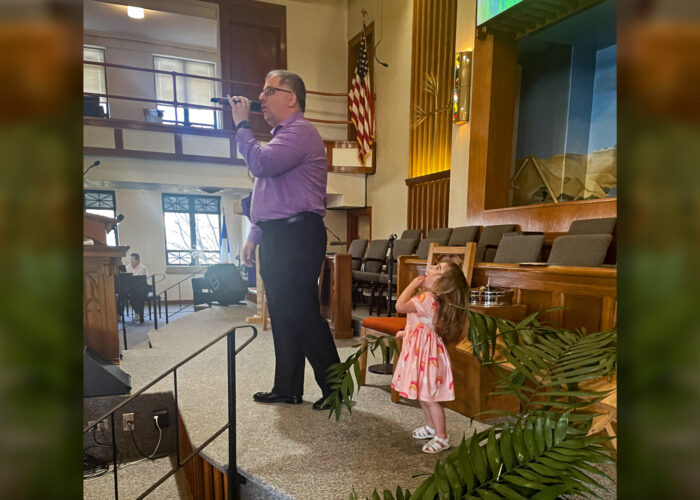Joseph Givens and his family accompany volunteers at the Maria Skobtsova House in Calais, France. Their ministry includes offering temporary shelter to people fleeing oppressive regimes in Africa and the Middle East, as they travel to the United Kingdom to seek refuge.
I feel like no matter what I say, I can’t change anything. I can’t add more to the discussion than I already have. Commenting on these endless stories doesn’t seem to make a difference.
But I can’t ignore it. I have to say something.
Another group of people called migrants has died. This group was made up of at least five people, including a four-year-old girl. The newspapers are reporting it the same as always: "More migrants have died in the [English] Channel." The people remain faceless and nameless, and they will be remembered as nothing more than migrants who have died — more in a countless stream of other migrants who have died in a similar fashion. And nothing changes. More people will die seeking life this week, and it seems that no one, beyond their families, will care.
And we received more news this week. The United Kingdom has passed a new law, after years of fighting, that states that migrants can be removed from the country and flown to Rwanda for resettlement, despite mountains of evidence that Rwanda is not a safe place and despite the British Supreme Court declaring the law unconstitutional.
And the old, tired arguments are recycled:
- We have plenty of homeless British people whom we should help before we help the migrants.
- It costs too much money to house migrants.
- We need to keep Britain for the British.
It’s so easy to talk in such a dehumanizing way about a faceless mass of people with whom you have no relationship nor the desire to form a relationship with.
I’m on vacation in France and Germany with my family, taking a break from our work and visiting with some of the Mennonites here. I can’t help but feel guilty, because I’m taking time off, when so many people are suffering. While people are dying in the Channel near Calais, my family gets to enjoy some time away, visiting a train museum with our kids and driving 100 miles per hour on the autobahn, the federal controlled-access highway system in Germany.
I know I shouldn’t feel guilty, but I do. I can’t change anything by myself. My presence in Calais wouldn’t have saved the lives of those five people. It wouldn’t have blocked the passage of the new law in England.
But my life is easy, partly because of the color of my skin, the language I speak and the country in which I was born. I don’t deserve my privilege any more than those who are drowning deserved to have been born in countries under oppressive regimes. I’ve never been stopped and asked for my papers. I’m hardly ever asked to show my ticket on the train. I can go into and out of the train station without suspicion. I can meet and talk with people on the street without fear of discrimination. In fact, I’m almost a celebrity since I’m an American in Calais.
Maybe readers can think about whether they were born with certain privileges. Maybe readers with certain assets — educational and financial, among others — will be encouraged to consider how they can use them to advocate for those without the same level of privilege. I’m not encouraging guilt — just awareness. Watch for ways to help and support those without the same privileges as you.
Take a moment and reflect on your life. Have you experienced privilege based on where you were born? If you have, how might you use this privilege to follow the command of Jesus to "love your neighbor as yourself?"
Blessings, my friends. Pray for those who have lost their loved ones.






